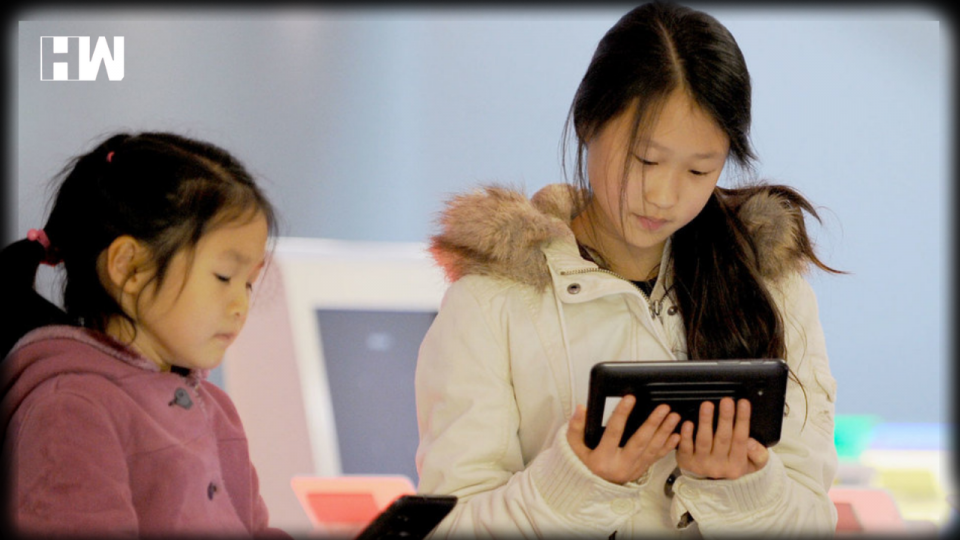A marked global gender gap in terms of internet use continues to grow, but from Syria to Costa Rica, girls are increasingly pushing back to try and narrow the gap.
Below, you can read stories from across the UN, featuring how five girls from five different countries, are using technology to build a better future.
‘Our responsibility’
In his message for the day, the UN Secretary-General noted that these girls and all the others “are part of a digital generation.”
“It is our responsibility to join with them in all their diversity, amplify their power and solutions as digital change-makers, and address the obstacles they face in the digital space”, he said.
The path to girls’ digital equality is steep. In more than two thirds of all countries, girls make up only 15 per cent of graduates in science, technology, engineering and maths, known by the acronym, STEM.
In middle and higher-income countries, only 14 per cent of girls who were top performers in science or mathematics expected to work in science and engineering, compared to 26 per cent of top-performing boys.
“Girls have equal ability and immense potential in these fields, and when we empower them, everyone benefits,” Mr. Guterres said.
He recalled seeing this long before he began his political career, when he was a teacher in Lisbon, Portugal, and “witnessed the power of education to uplift individuals and communities.”
“That experience has guided my vision for gender equality in education ever since”, he explained. “Investments in closing the digital gender divide yield huge dividends for all.”
Tied to this, the UN has a new platform, called Generation Equality Action Coalition on Technology and Innovation, where governments, civil society, the private sector and young leaders, are coming together to support girls’ digital access, skills and creativity.
“The United Nations is committed to working with girls so that this generation, whoever they are and whatever their circumstances, can fulfil their potential”, Mr. Guterres assured.
Snapshots from around the world
To celebrate the International Day of the Girl Child, the UN is paying tribute to the girls who use their digital technology skills as a key to open new doors. Here are some of their stories:
Empowering Syrian youth for better jobs
Now, Madeleine is one of 60 adolescents participating in a UNICEF-supported course in computer networks maintenance.
Read the full story here.
-
In Sri Lanka, building girls’ confidence one coding challenge at a time
14-year-old Diyathma from Maharagma is one of them. She has won the hackathon coding competition for her age group.
-
Bridging the digital and employment divide in Cameroon
Learn more about the coding bootcamp, here.
-
Breaking stereotypes in Tajikistan
“Do not be afraid to study tech, regardless of the general perception of how programmers should ‘look like’. If it’s something that you like, do it”, she says.
Learn more about the project, here.
-
Girls and the digital divide in Costa Rica
“This is the first computer we’ve ever had in my house. And it’s a relief, it’s super cool, because in addition to being super cute, it is tactile. I can use it to draw. It’s going to be very helpful, because after I graduate, I plan to study graphic design,” says Kattia. “Technology is essential for me.”
As an independent media platform, we do not take advertisements from governments and corporate houses. It is you, our readers, who have supported us on our journey to do honest and unbiased journalism. Please contribute, so that we can continue to do the same in future.

